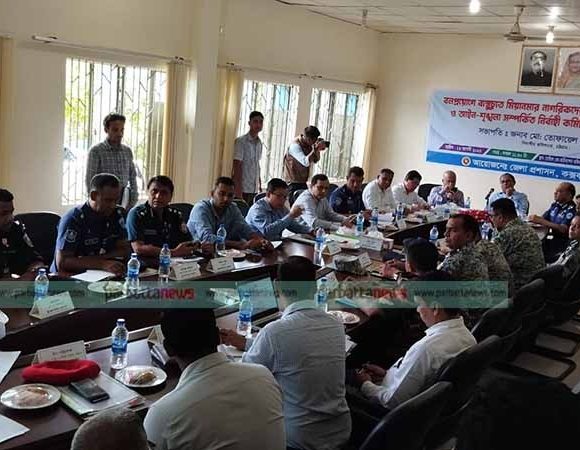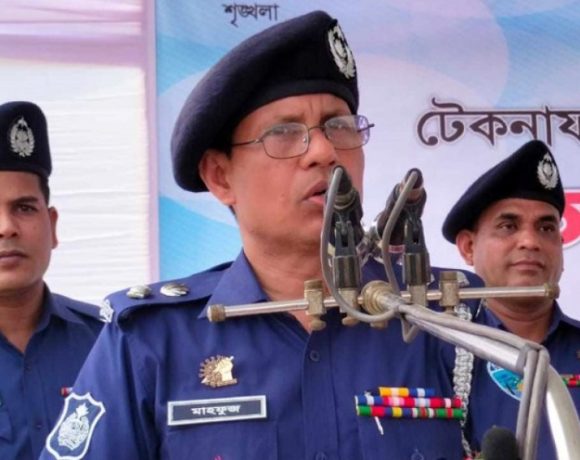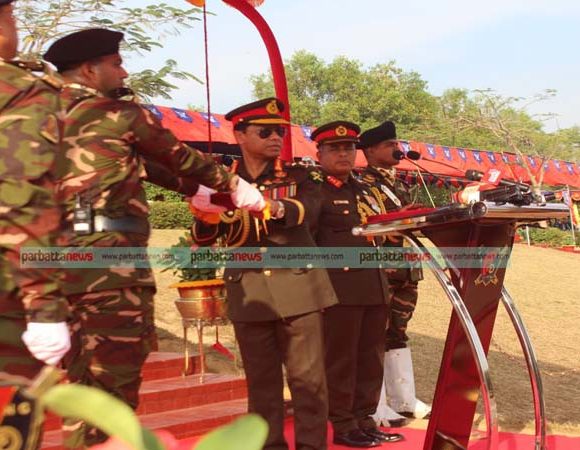Santu Larma calls for government diligence in implementing peace accord

PARBATTA NEWS DESK
Jyotirindra Bodhipriya Santu Larma, president of the Parbatya Chattogram Jana Samhati Samiti (JSS), has commented that the government’s failure is to blame for the non-implementation of the Chittagong Hill Tracts peace accord.
On the occasion of the 26th anniversary of the agreement, on Saturday (2 December), he remarked this while speaking at an event organized by the JSS and the Bangladesh Adivashi Forum at the Liberation War Museum in Agargaon, Dhaka.
Santu Larma said, ‘Despite various opinions and analyses about the delay in implementing the Chittagong Hill Tracts agreement, I believe that the government’s failure is to blame for its non-implementation.
He said that the agitation for the rights of the hill people is intensifying. The hope and aspiration that the hill people had for the implementation of the agreement over the past 26 years can no longer be maintained.
The president of JSS said, ‘Our country’s government and ruling class should come out of their current stance and be diligent in implementing this agreement. Although this wish may not become a reality, I still hope for it. I want to maintain that hope and aspiration.’
Furthermore, on the 26th anniversary of the signing of the agreement, Santu Larma called on the government and ruling class of the country to be diligent in implementing the agreement.
The Chittagong Hill Tracts agreement was signed on this day, 2 December 1997. As a result, the armed conflict in one-tenth of the country’s area came to an end.
Abul Hasnat Abdullah, the then chief whip of the National Parliament, signed the agreement on behalf of the Government of Bangladesh, and Santu Larma for JSS.
The Chittagong Hill Tracts peace agreement has 72 clauses. The government claims that 65 of the 72 clauses have been implemented.
On the other hand, the JSS says that the fundamental issues of the agreement have not yet been implemented. Santu Larma, the head of JSS, has been openly expressing his frustration over this situation for several years.
Sultana Kamal, co-chairperson of the International Commission on Chittagong Hill Tracts, says that while the agreement stopped a bloody conflict, she cannot be excited about the implementation of the agreement.
Mesbah Kamal, coordinator of the Parliamentary Caucus on Indigenous and Ethnic Minority and a professor at Dhaka University; Sohrab Hasan, a poet and a journalist; Ruhin Hossain Prince, general secretary of the Communist Party of Bangladesh, among others, spoke at the event.















